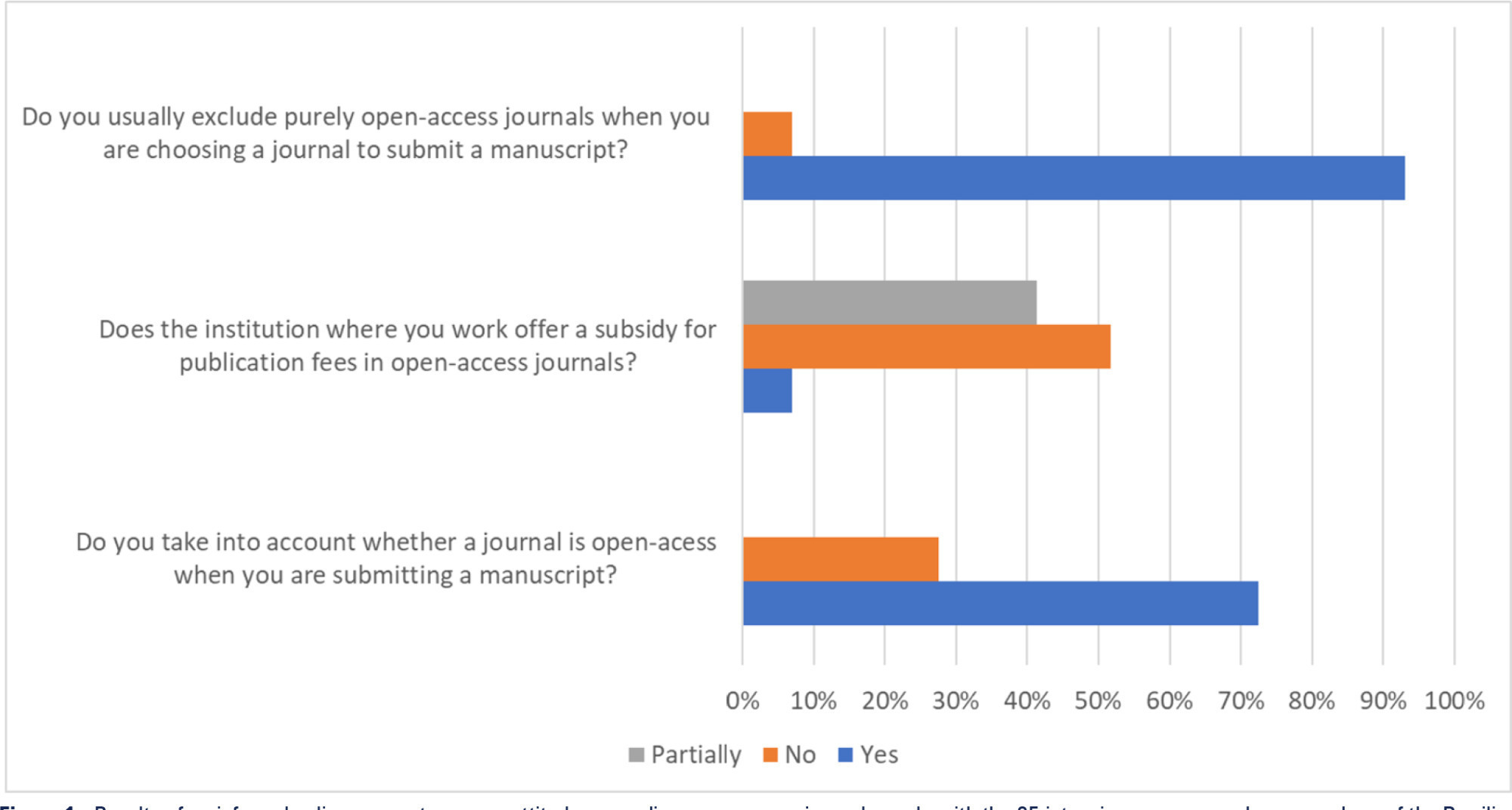
Open access journals usually exempt researchers from low-income countries from publication fees, and this exemption seems to favor the publication of articles by researchers from sub-Saharan Africa.() However, producing high-quality scientific research in these settings is challenging and often funded by agencies such as the National Institutes of Health (NIH), Wellcome and the Gates Foundation; consequently, the impact of exempting article processing charges (APCs) on publishers’ financial health is minimal. On the other hand, researchers from middle-income countries do not receive exemptions from APCs for publishing OA articles. Between 1996 and 2022, of the top 20 countries in number of publications, five were in this income category (China, India, Russia, Brazil, and Turkey) and accounted for 27% of all publications, according to the SCImago portal.() A study encompassing Elsevier journals has shown that APCs are a barrier to OA publication.()
Three of the top 10 critical-care journals publishing exclusively in OA format (Critical Care, Annals of Intensive Care, and Journal of Intensive Care) had APC ranging from US$ 2,490 to US$ 3,790 in 2023. After correcting for purchasing power parity as calculated by the Organization for Economic Co-operation and Development (OECD) in 2022,() these fees would correspond to the range from R$ 6.300 to R$ 9.600. These costs would correspond to 4.7 to 7.2 times the Brazilian minimum wage,() but only 1.9 to 2.8 times the French minimum wage() or 1.2 to 1.7 times the Canadian minimum wage in 2023.() It is worth mentioning that Brazilian research grants do not earmark specific funds for paying the APCs of OA articles, an oversight that urgently needs to be acknowledged and changed. The NIH policy of mandating OA for the results derived from their grants is an example to be followed. An informal online survey of the 35 members of the Scientific Committee of the Brazilian Research in Intensive Care Network (BRICnet)() in September 2023 to assess attitudes regarding OA journals received responses from 29 members. Broadly characterized, the vast majority of the researchers either excluded fee-based OA journals or took this journal feature into account when choosing a journal for submitting a manuscript, and researchers’ institutions either did not pay for publication fees or subsidized it only partially ().
[…]
Search
Search in:


Comments